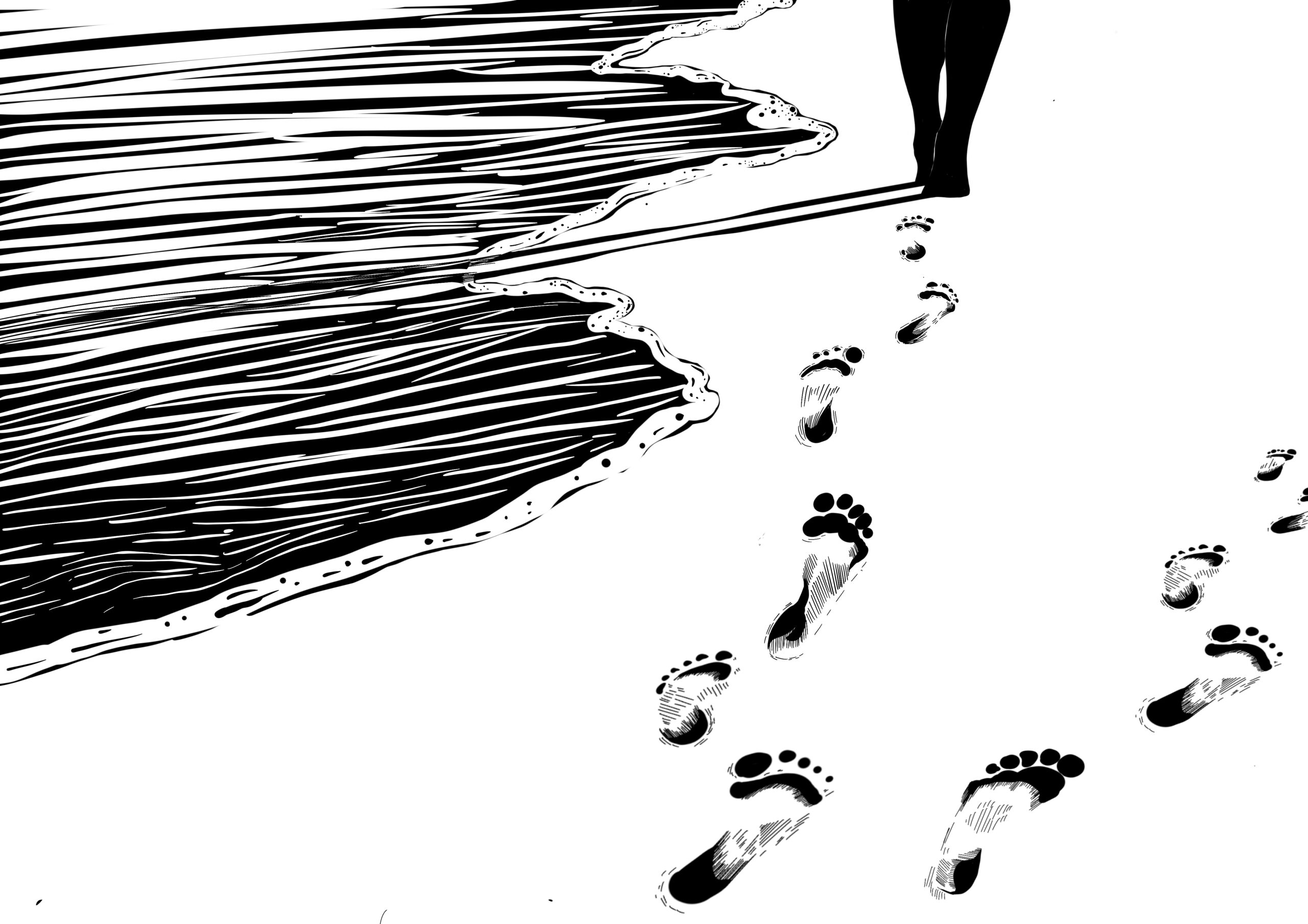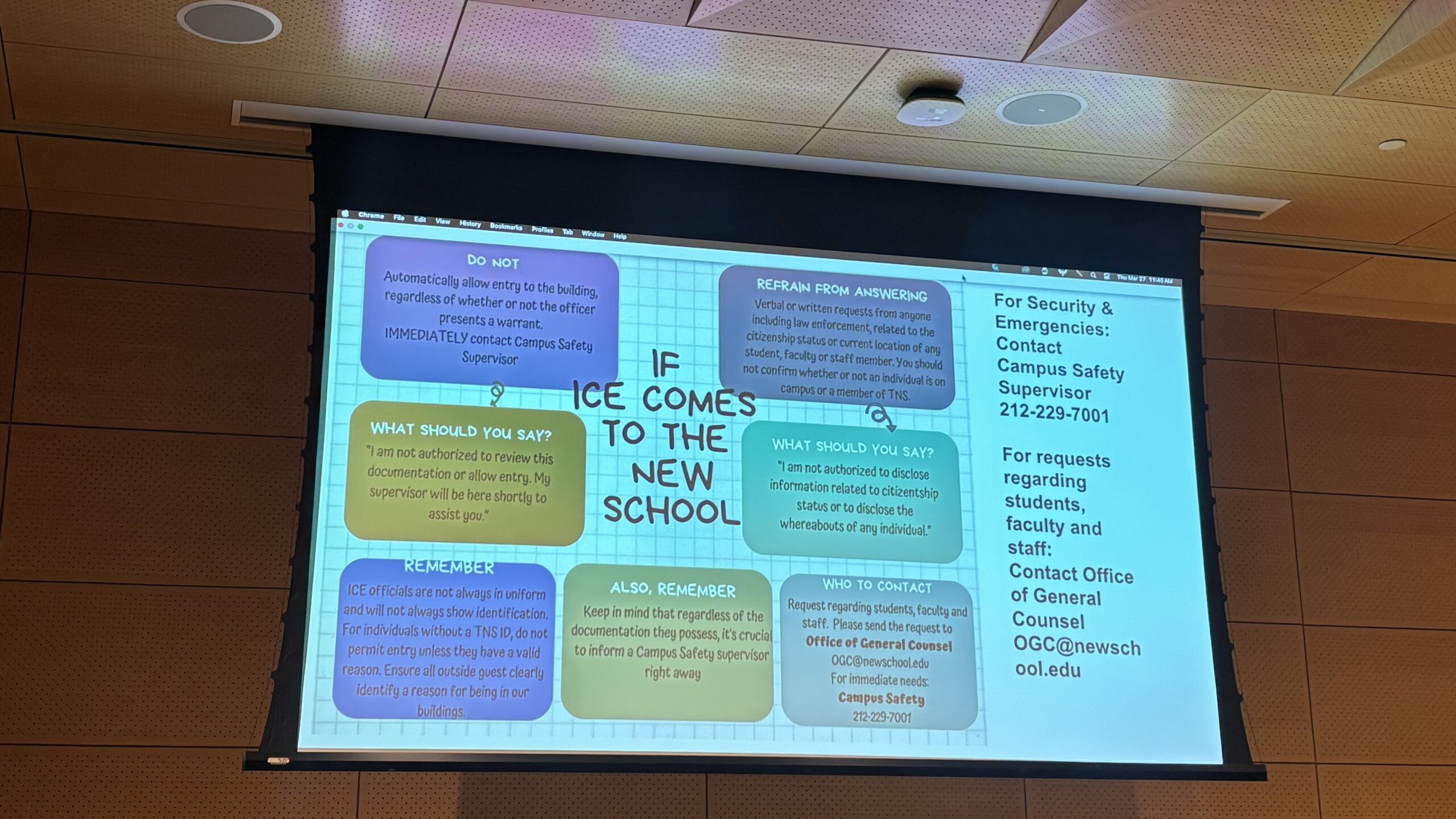Love, Lucy is the New School Free Press’ weekly advice column, where writers anonymously share thoughtfully researched solutions to your questions about life. Send submissions through Love, Lucy’s official Google Form, and you might hear back from Lucy herself.
Dear Lucy,
I’ve had a falling out with a close friend, and it’s been really tough. How do you repair relationships or cope with the loss of a close friendship?
From,
Once A Bestie
Dear Once A Bestie,
Sometimes, the most painful breakups are those between friends. Whether a friendship ends in drama and flames or results in a slow drift apart, it can be difficult to cope with the void that person left in your life.
Maybe this person was your confidant and now, you feel like you have nobody to turn to. Maybe you spent the majority of your time with them and are now feeling lonely and bored. Maybe they made you laugh the most and now, life doesn’t seem so fun anymore. Or maybe they were a combination of all of these things.
Fear not, Once A Bestie. I’ve gone through my share of friendship breakups and I’m here to help you manage this. But first, you should figure out if the relationship is salvageable and if it’s worth repairing.
Try to reflect on your time with this friend, both the good and the bad experiences. Ask yourself what value this person is adding to your life, and what makes your friendship special. Kara Mayer Robinson shared a helpful guide on knowing when it’s time to move on. When you don’t feel like you’re a priority to them, if you give more than you take in the relationship, or find yourself downplaying your accomplishments, you may need to let the friendship go. They also share tips for how to end things when this is the case.
During this process, it can be useful to write down your thoughts so they aren’t just swirling around in your head, which can potentially lead to overthinking and spiraling down in your thoughts. Journaling can also help if you decide to communicate with your friend, because you’ll already have a record of how you’re feeling. I can’t tell you how many difficult conversations were made slightly more manageable for me when I had pre-written notes.
If you decide to repair the friendship, make sure you’ve given it time and space before reaching out. If your falling out was dramatic or emotionally charged, you both likely need some time to heal your wounds.
Regardless of who was in the wrong, you probably both have some things to apologize for — and that can’t be forced. When you approach this person, don’t rush into it, instead ask if it’s okay to start the conversation and make a plan that ensures you are both comfortable. Time magazine offered eight tips for apologizing effectively in this article.
However, if you’ve taken all these steps and you’ve found that reconciliation is simply not possible, it’s time to start the process of grieving this loss.
While there’s plenty of advice online about coping with splits between romantic partners, tips for breaking up with a friend are a bit more elusive. Most people have gone through this kind of breakup before, though. A 2023 YouGov survey found that 52% of Americans have had someone end a friendship with them, and 68% have ended one themselves.
Friendship breakups function a bit differently than romantic breakups because the nature of each relationship type is different. For one, romantic partnerships are very intimate and require a deeper level of attraction and commitment, while friendships rely heavily on mutual support and companionship. When a friendship ends, it can leave us feeling blindsided, especially when the breakup is sudden.
Whether the split is instant or gradual, there’s not usually a dedicated conversation about ending a friendship when the time comes. This lack of closure can make it feel difficult to move on or even leave us wondering why it ended in the first place. It also means there aren’t any clearly defined terms for the breakup.
When romantic partners break up, they sometimes discuss how to proceed, such as going no-contact with each other or trying to remain friends. The absence of this breakup plan for friendships can create confusion, especially when hanging out in group environments. Are you talking or pretending you don’t know each other? Is your situation making your mutual friends uncomfortable? Should you leave the bar when they walk in?
All these added complications can make getting over a friendship breakup seem impossible, but I promise it isn’t. If you’re able, try to find some closure with them through an open conversation where you set ground rules for social situations, then allow yourself time to grieve.
In my experience, the hardest parts of losing a close friend are the feelings of regret. You may regret how things ended or how you behaved in the friendship. Or you may even regret being friends with them if their actions hurt you. These emotions don’t serve you, and it’s best to shift your mindset from regret to gratitude. Recognize the value this person had in your life, instead of erasing it.
Even if you can’t rekindle your connection, you’ve learned how to strengthen future relationships with others and with yourself. Licensed counselor Suzanne Degges-White recommends making a “lessons learned gratitude list” with these four prompts:
- I am grateful for this friendship because I learned that I enjoy…
- I am grateful for the experience of this friendship because I learned that I do not enjoy…
- I am grateful for this relationship because it taught me about these boundaries…
- I am grateful for this relationship because it taught me that I deserve these behaviors from true friends…
During the process of grief, it’s especially important to practice self care. Ask yourself what you need in this moment: a long shower, your favorite meal, a clean room, or a comforting piece of media. Watch your favorite show or movie, read your favorite book to relax.
When it becomes too painful to think about your ex-bestie, consider removing things that remind you of them from your living space. If you don’t want to get rid of them completely, put these items in a safe place until you’re ready to see them again. Avoid doing things you used to do together and try to make some new habits and memories that don’t include them.
One of the biggest things that will help get you through this is talking to other trusted friends and family. If you’re confiding in another friend, try choosing one that isn’t a mutual friend of your ex-bestie, as they may not be able to give objective guidance. If you don’t have someone in your family or social circle you feel comfortable confiding in, a therapist is an excellent option.
If you feel like you’re lacking closure, writing a letter to your lost friend can be extremely cathartic. Grab some paper and a pen and get it all out, even if you never send it. Sometimes, even writing it for yourself is enough.
Remember, Once A Bestie, you aren’t alone. Your friend is likely going through the same thing right now, and you will both survive this. Maybe one day you’ll reconnect, but for now, you are your most important friend.
Love,
Lucy







Leave a Reply